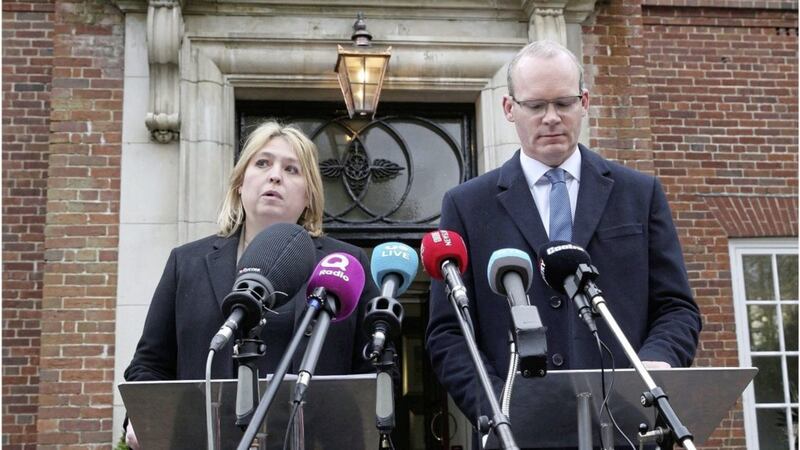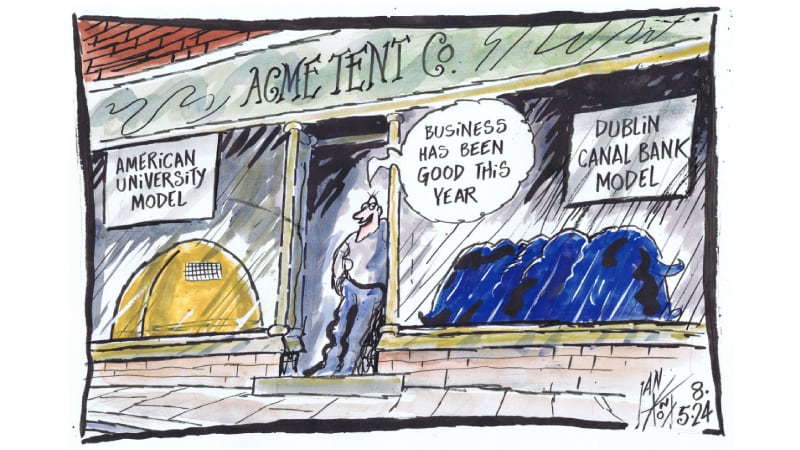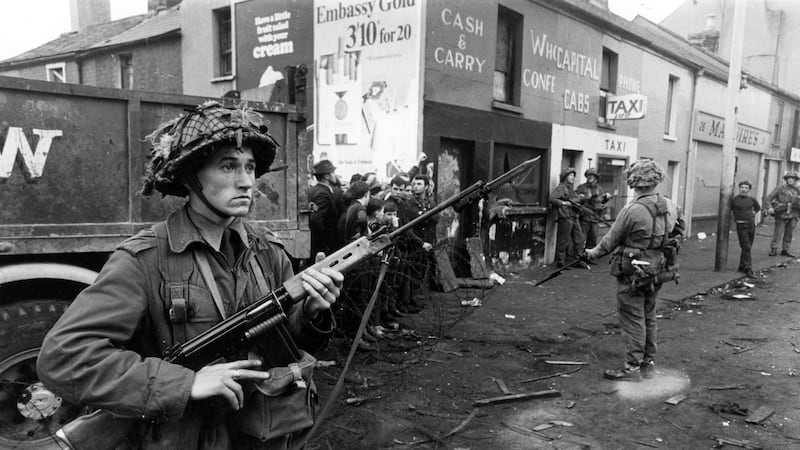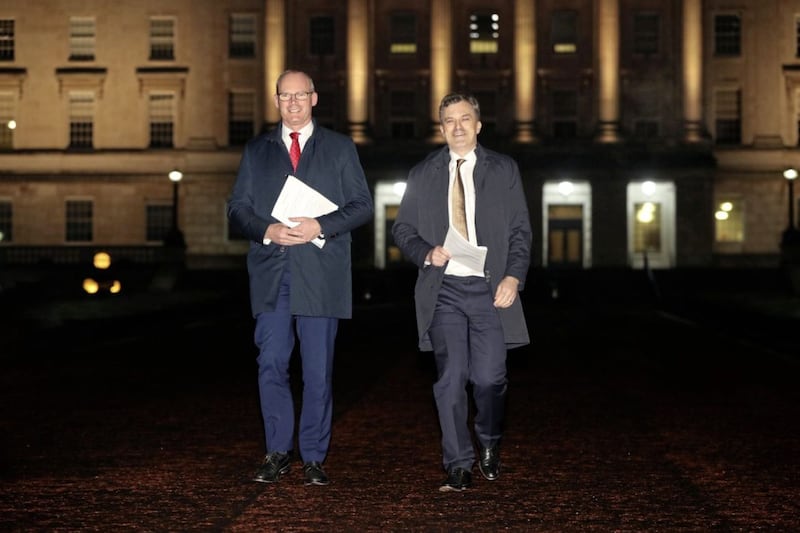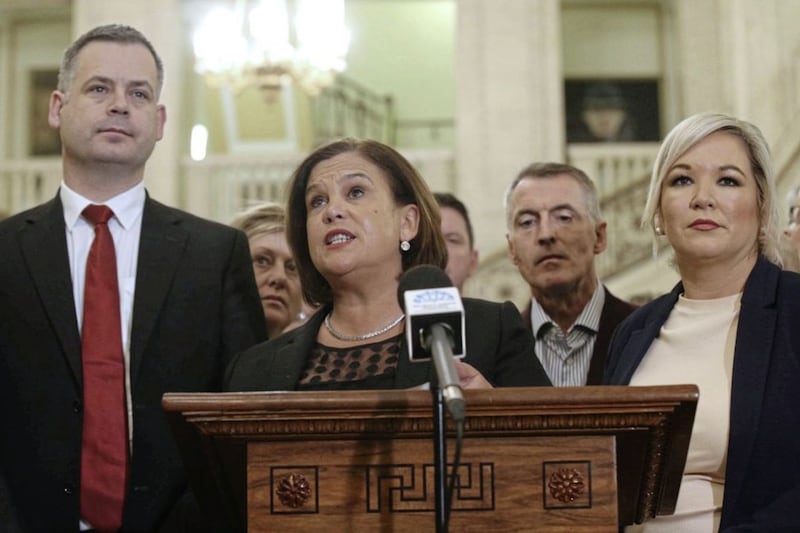While you can't fault newly-appointed Secretary of State Karen Bradley's enthusiasm, it's difficult to see it lasting. The Tory MP is in an unenviable position, seemingly caught between the DUP's rock and Sinn Féin's hard place as she attempts to reach an outcome her predecessor was unable to achieve.
Yet as republicans are keen to labour, the secretary of state isn't impartial and nor can she be, given that the DUP's confidence and supply deal with the Tories is what keeps her party in office. She may talk the talk of an honest broker but walking the walk with ten DUP MPs on her shoulders will prove more difficult.
She's not the only one whose public sentiments may not match their private intentions. Sinn Féin has been saying for months that it wants to see the devolved institutions restored, however, its conditions appear to have been set deliberately to ensure the DUP can't agree to them. While, republicans claim with some justification that previous agreements have yet to be implemented, their argument is undermined when we're reminded how they spent ten years in government with the DUP but never thought to push for an Irish language act or bill of rights.
The deep suspicion remains that Sinn Féin is happy to bide its time, steering clear of government in the north while Brexit looms and the goal of a place in the southern administration remains a possibility. With the Tories in power in London, propped up by the DUP, the executive isn't half as appealing as it was back in 2008 when Martin McGuinness led Sinn Féin into power-sharing with Ian Paisley. The bonhomie that characterised the 'Chuckle Brothers' era has since given way to acrimony and mutual suspicion between the DUP and Sinn Féin – hardly the foundations on which to build stable government.
The DUP is more eager to get back into government but not enough to expose itself to criticism from unionist rivals by conceding to Sinn Féin. For the meantime it regards wielding power at Westminster as an adequate consolation though it's difficult to say how sustainable that situation is for leader without office Arlene Foster.
The latest round of talks differ ostensibly from the last unsuccessful effort, in that Stormont's smaller parties have been invited along. This, however, appears entirely for the optics and by the time negotiations move into the second week, it'll be the 'big two' calling the tune, while the SDLP, Ulster Unionists and Alliance complain from the sidelines. While a five party consensus sounds good in theory, the two governments know that there are only two key players that they must coax over the finish line.
But when the fallout from RHI, the Barry McElduff Kingsmill episode, and the prospect of an acrimonious by-election are added to an already toxic mix, the prospects of emerging with an agreement in February look remote. The threat to cut MLAs pay does not appear to an adequate incentive for either the DUP or Sinn Féin to cut a deal. It may not be too long before we see Karen Bradley's enthusiasm wane.
